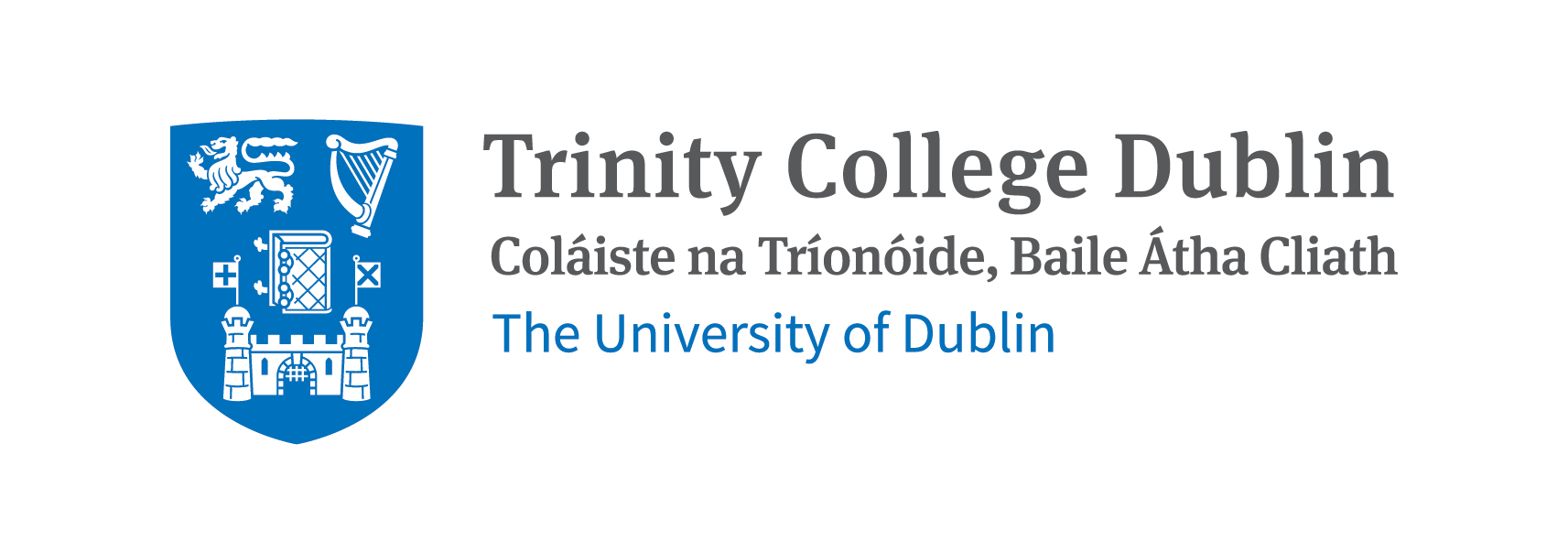Coláiste Dhúlaigh is now offering a new Access Route to Computer Science in Trinity College Dublin.
Computer Science
Certificate in Software Development QQI Level 5 (5M0529) – Year 1
Advanced Certificate in Software Development Level 6 (6M0691) – Year 2
This course encompasses many aspects of computing including scientific foundation, coding, web design, IT skills and familiarisation with a range of industrial and commercial applications.
Throughout this course there is a strong emphasis put on coding. Year One has eight hours of programming per week and Year Two has nine hours.
Coláiste Dhúlaigh Access Route to Computer Science in Trinity College
Coláiste Dhúlaigh is be the first PLC course in Ireland to offer students the opportunity to progress to TR033, Trinity College’s Level 8 Computer Science Degree. TR033 is a hugely sought-after course which required 555 CAO points in 2022. As the only Computer Science PLC course nationwide offering the ‘Maths for STEM 5N0556’ module, CDCFE students are uniquely placed to satisfy TCD’s QQI/FET access requirements for TR033.

There is also a high success rate for Coláiste Dhúlaigh students through the advanced progression links into:
- TU Dublin City Centre Campus (Level 8 Computer Science Degree)
- TU Dublin Blanchardstown Campus (Level 8 Computing Degree)
- NCI (Level 8 Computing Degree)
Course Content
Year 1
- Fundamentals of Object Oriented Programming (Java)
- Programming & Design Principles (Java)
- Web Design
- Software Architecture
- Database Methods
- Communications
- Work Experience
- One of the following two maths modules, depending on the student’s progression plan:
- Maths for STEM (5N0556) (Please see entry requirements)
- Maths for Information Technology (5N18396)
Year 2
- Object Orientated Programming (Java)
- Graphical User Interface Programming (Java)
- Web Development
- Software Architecture
- Relational Databases
- Communications
- Work Experience
- Project Management.
Certification
Certificate in Software Development QQI Level 5 (5M0529)
Advanced Certificate in Software Development Level 6 (6M0691)
Entry Requirements
Leaving Certificate with a minimum of a O6 or H7 grade in Maths. Students choosing the Maths for STEM module should have a minimum of an O3 grade in Leaving Certificate Maths.
Mature students are welcome.
Career Opportunities
Students with a Computer Science qualification can anticipate employment as computer technicians, programmers/analysts, software and hardware support specialists and computer sales professionals. Alternatively they may use the course as a sound academic basis for further study in the Computer Science area.

College Links
Students who choose to undertake the ‘Maths for STEM’ module in Year One may apply for entry to first year of TCD’s Computer Science Level 8 degree, TR033. This application process occurs at the end of Year One.
Students who successfully complete both years of the course may progress via advanced entry to the second year of the following Level 8 degree courses:
- TU Dublin (City Centre Campus) – TU856 BSc Hons in Computer Science*
- TU Dublin (Blanchardstown Campus) – TU860 BSc Hons in Computing
- National College of Ireland (NCI) – NC003 BSc Hons in Computing
*C2/O4 in Leaving Certificate Maths required
Duration
2 Years
Course Charges
Year 1: €50
Year 2: €50
This course is free for those over 21 and in receipt of a social welfare payment*. Click here for more information and to check eligibility.
About Coláiste Dhúlaigh College of Further Education (CDCFE)
CDCFE Courses at QQI level 5 and 6 and at Higher National Diploma in a wide range of disciplines.
Most of our courses lead to entry to Universities and Institutes of Technology with some courses gaining entry to second year.
CDCFE is located on four campuses, Coolock, Raheny, Kilbarrack and Malahide and provides programmes delivered by a team of tutors dedicated to the highest standards of teaching and learning in a caring, supportive and friendly atmosphere.
CDCFE offers courses in:
- Art & Design
- Science & Technology
- Media
- Health & Leisure
- Business
- Performing Arts
About Trinity College Dublin
Trinity College Dublin, located in the heart of Dublin city, is steeped in scholarly and national history. Today it remains Ireland’s highest ranked university and within the world’s top one hundred. TCD provides an excellent variety of courses throughout areas in the Arts and Humanities, Business, Law, Engineering, Science and Health Sciences.
Over 17,000 undergraduate and postgraduate students from Ireland and across the world attend the illustrious university. And there is a good reason for the huge attraction to Trinity as it has produced some of the world’s greatest minds such as Samuel Becket, Oscar Wilde and former Irish president, Mary Robinson. Trinity College Dublin prides itself on continuing this tradition by offering the finest third level education to students and propel them onto becoming the next great leader, writer, artist, scientist and most importantly, thinker.
Along with TCD’s grand selection of on campus undergraduate and postgraduate courses, the university also provides Online Education and CPD programmes. Prosperous students can apply for Free Online Courses now as the Department of Online Education in 2016 have teamed with Futurelearn to issue three major free online courses – (MOOCS) in Irish History, Successful Ageing and Exercise Prescription. This allows students who might be working full-time or at a geographical disadvantage to attend Trinity College Dublin virtually.
Situated on College Green, Trinity is close to all the vibrant culture and entertainment Ireland’s capital has to offer. Museums, galleries, restaurants, live music, cinema are all walking distance from the beautiful campus grounds. Public transport to anywhere in the country surrounds the university, allowing students to take a break from study to explore Ireland and enrich their life experience. Not to mention the tremendous historical aura within Trinity itself, most notably the Book of Kells. TCD provides the best opportunities for students for their future careers and worldview.












Comments